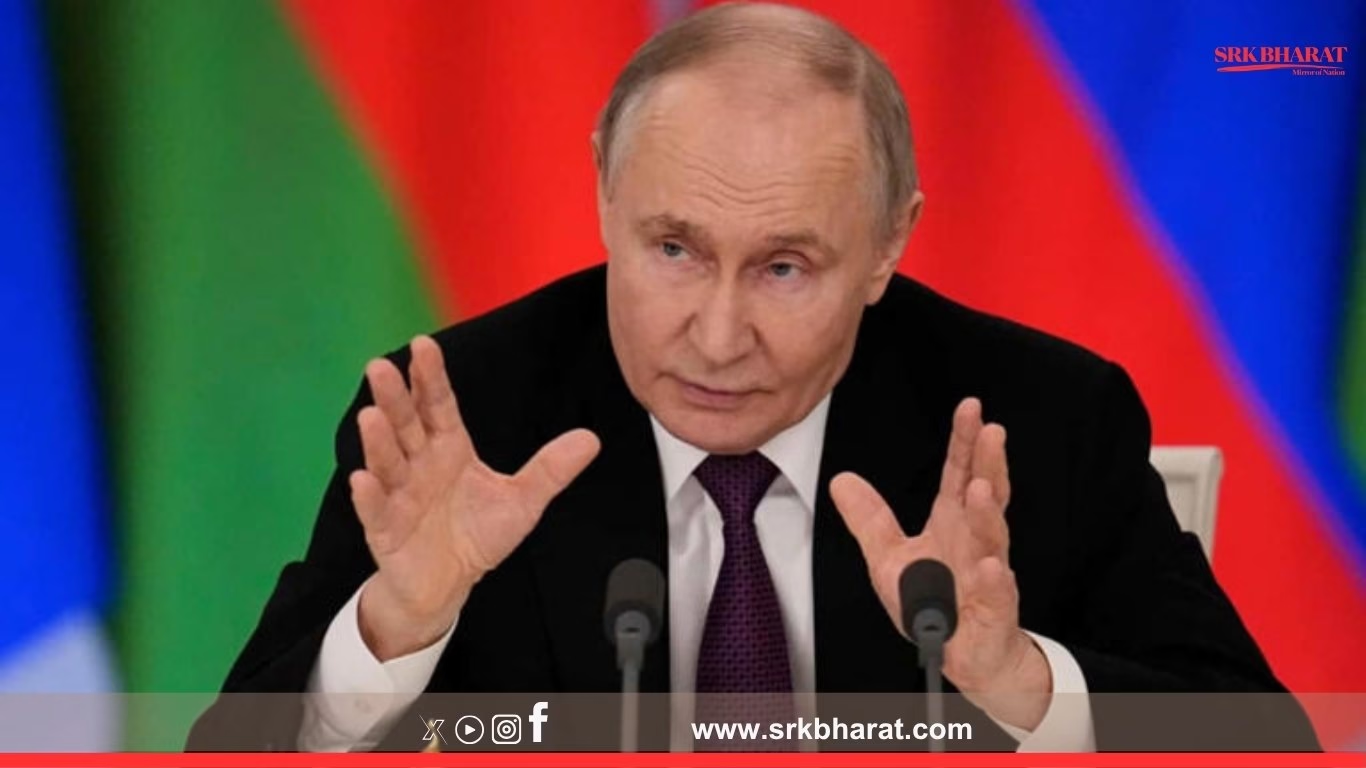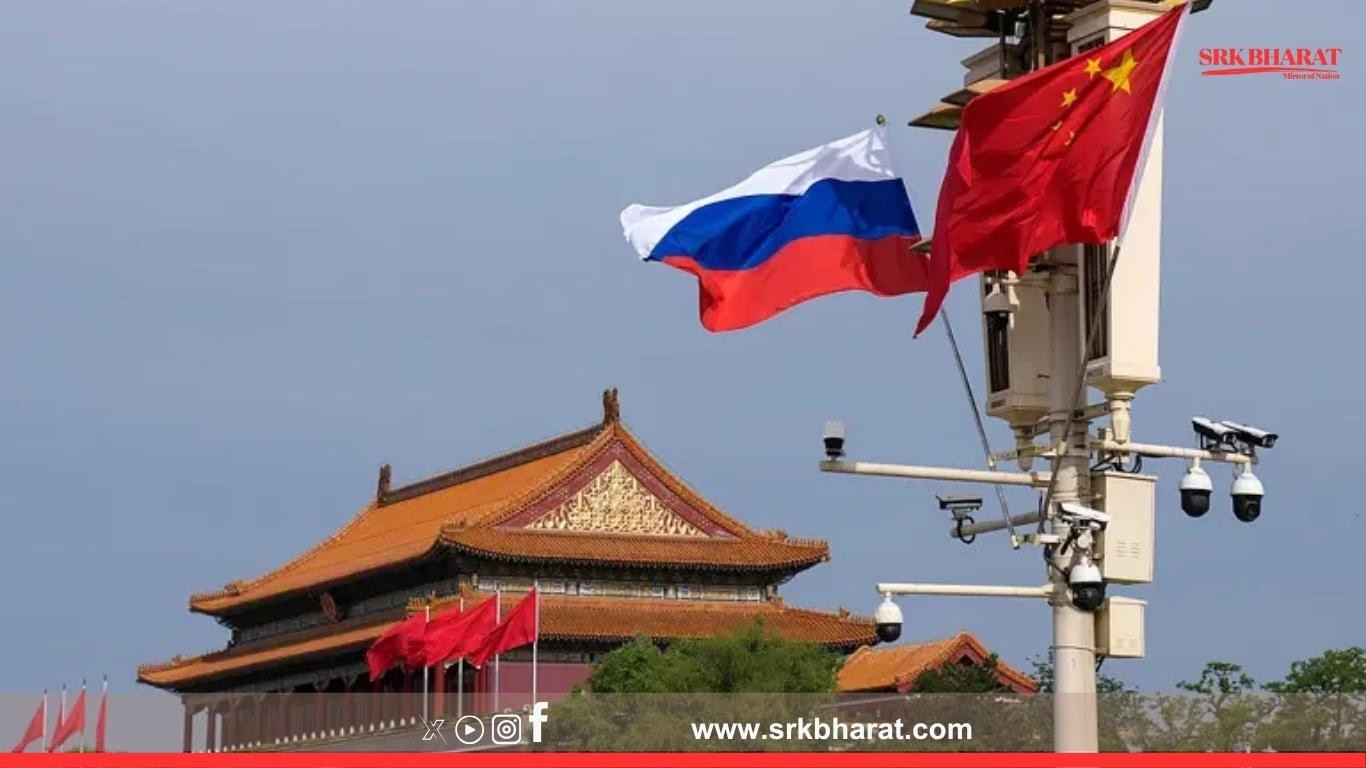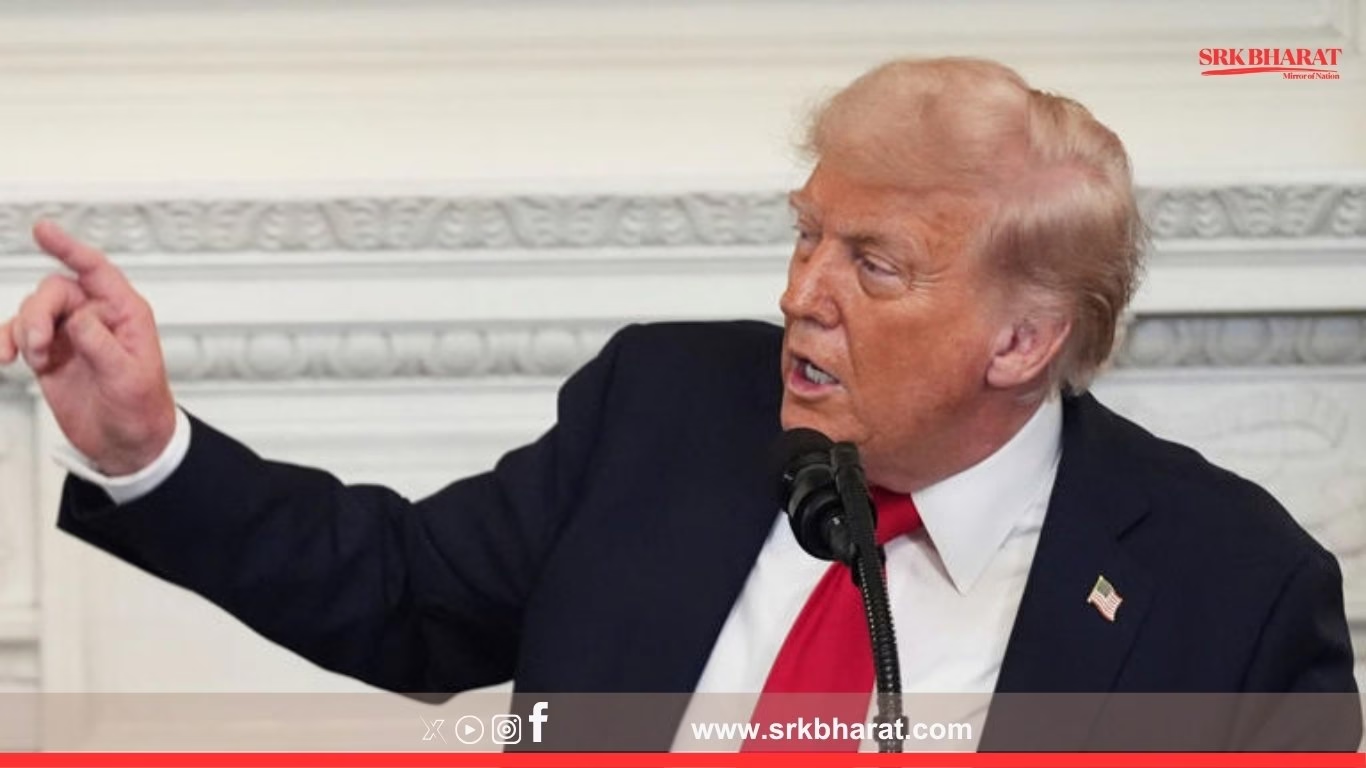In a development that has raised diplomatic tensions, Afghanistan’s Acting Foreign Minister, Amir Khan Muttaqi, has reportedly been blocked from visiting Pakistan after the United States allegedly rejected a travel ban exemption request under United Nations sanctions. The move comes at a time when Afghanistan’s Taliban-led administration is drawing closer to China, sparking renewed geopolitical concerns across South Asia and beyond.
The incident underscores the complex dynamics of global diplomacy involving Afghanistan, where travel restrictions on Taliban leaders remain in force due to their political and human rights record. It also signals rising friction between Washington and Beijing over influence in Kabul, as China actively seeks to expand its footprint in the region through infrastructure investment and strategic cooperation.
US Rejection and Diplomatic Background
According to diplomatic insiders, the UN travel ban exemption mechanism—often used for official visits—requires consensus from the members of the UN Security Council’s sanctions committee. While exemptions have been granted in the past for Taliban officials to attend talks, this latest request allegedly faced opposition from the US, which cited concerns about the Taliban’s human rights record, particularly regarding women’s rights and press freedom.
Amir Khan Muttaqi had reportedly planned to attend a series of bilateral and trilateral meetings in Islamabad with Pakistani and Chinese officials. These talks were expected to cover trade facilitation, border security, counterterrorism, and regional connectivity projects under the China-Pakistan Economic Corridor (CPEC) framework.
Taliban-China Engagement: A Rapidly Growing Axis
Over the past two years, China has become one of the most significant international players engaging with the Taliban. Beijing has maintained its embassy in Kabul, invested in mining and infrastructure projects, and recently signed agreements for oil extraction and energy development.
| Area of Cooperation | Recent Developments | Strategic Importance |
|---|---|---|
| Mining & Resources | Chinese firms signed $540 million oil extraction deal in Amu Darya basin | Access to Afghanistan’s untapped mineral wealth |
| Infrastructure | Plans to extend CPEC projects into Afghanistan | Enhanced regional connectivity |
| Diplomatic Engagement | High-level meetings between Taliban ministers and Chinese diplomats | Beijing’s foothold in Central Asia |
The Taliban, facing isolation from Western nations, view China as a critical partner in breaking economic stagnation. For Beijing, Afghanistan offers not just economic opportunities but also a strategic buffer along its Belt and Road Initiative routes.
Pakistan’s Role and Geopolitical Balancing
Pakistan, historically a key player in Afghan politics, has been walking a tightrope between maintaining ties with the Taliban and addressing concerns raised by its Western allies. Islamabad has advocated for greater engagement with Kabul to prevent instability from spilling over its borders.
Sources suggest Pakistan was keen to host Muttaqi for talks aimed at expanding trilateral cooperation with China. This would have been part of a broader regional effort to enhance trade and security cooperation, especially given Pakistan’s own economic challenges and security threats from cross-border militant groups.
US Concerns and Strategic Calculations
Washington’s reported rejection of the travel exemption reflects a broader unwillingness to normalise the Taliban’s international standing without tangible progress on human rights commitments. The US has consistently demanded that Kabul reopen girls’ secondary schools, lift restrictions on women’s employment, and ensure inclusive governance.
From the American perspective, allowing high-profile Taliban travel without reform concessions risks legitimising the group and weakening leverage over them. Furthermore, the US remains wary of China’s increasing influence in Afghanistan, seeing it as part of Beijing’s broader strategy to expand its power in South Asia and Central Asia.
Regional Reactions and Possible Outcomes
The travel ban dispute has generated varied reactions across the region:
| Stakeholder | Likely Position | Impact |
|---|---|---|
| Pakistan | Disappointed; may push for alternative diplomatic channels | Slowed progress on trilateral initiatives |
| China | Likely to intensify direct engagement with Kabul | Deepened bilateral Taliban-China cooperation |
| US & Western Allies | Maintain pressure on Taliban | Continued political isolation for Kabul |
| Taliban | Could use the rejection to rally nationalist sentiment | Strengthened anti-West rhetoric |
Some analysts believe the US stance could inadvertently push Afghanistan even closer to China, Russia, and other countries willing to engage despite sanctions.
Broader Implications for South Asia
The blocked visit also highlights a deeper issue: the fractured international approach towards Afghanistan. While Western nations maintain sanctions and push for political reform, regional players like China, Pakistan, Iran, and Russia are increasingly engaging the Taliban for strategic and economic reasons.
If this trend continues, Afghanistan may further align with an emerging geopolitical bloc outside the Western-led order, potentially complicating efforts to achieve coordinated policies on counterterrorism, humanitarian aid, and human rights.
Looking Ahead: What Next for Afghan Diplomacy?
Despite the setback, the Taliban leadership is expected to continue pursuing international engagement through countries willing to bypass Western restrictions. China’s willingness to invest in Afghanistan—coupled with Russia’s growing outreach—suggests that Kabul’s foreign policy will remain firmly oriented towards Eastern and regional powers.
However, the travel ban rejection could also embolden hardliners within the Taliban who oppose compromise on women’s rights and political inclusivity, thereby reducing the chances of meeting Western conditions for recognition.
In the immediate term, diplomatic analysts anticipate:
- Increased Taliban-China bilateral meetings in Kabul and Beijing
- Pakistan exploring alternative meeting formats without physical travel exemptions
- Heightened US-China tensions over influence in Afghanistan
Disclaimer: This article is intended for informational purposes only and reflects analysis based on publicly available information. It does not constitute political advice or endorse any particular viewpoint.











